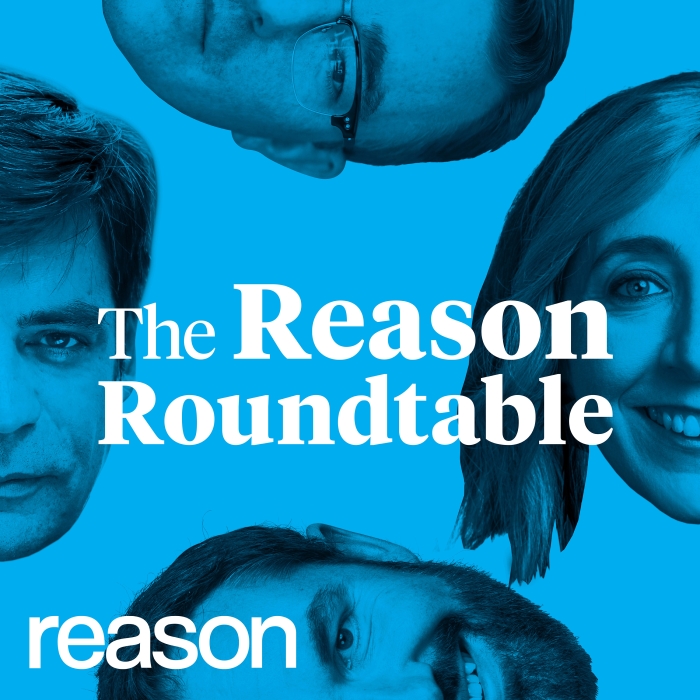Isn't the iterations of socialism that are emerging these days making socialism look bad? In contemporary discussions, socialism is often associated with excessive centralization, bureaucracy, and regulations that only seem to necessitate even more regulations.
The Flaws of Current Socialism
We're stuck with electoral market-socialist policies that undermine our markets. This socialistic system should not be tied to any nation-state; rather, socialism should be seen as a governmental system of the future—one suited for a land of decentralization, where smart contracts replace lawyers, and scarcity becomes a thing of the past.
Unfortunately, socialism does not appear to benefit any modern nation-state system. If only socialists had an anarchic agorist movement instead of adhering to revisionist Marxist and reformist ideologies. This would allow them to experiment with various iterations of their "ideology in process" rather than releasing substandard policies that result in higher living costs, which in turn make a minimum wage seem necessary—a policy that often exacerbates the problem.
The Impact of Current Policies
The versions of socialism being introduced lately are substandard and lead to inflation year after year, enriching the wealthy while diminishing social mobility. This creates a situation where individuals must become stock speculators or seek alternative currencies to escape their national currencies. Such issues contribute to the socialists’ poor track record, often linked to flawed Keynesian economics.
A New Approach to Governance
Perhaps we should treat these socialists like governnauts—a term derived from "govern" and "naut," where "naut" is a suffix meaning "sailor" or "explorer." Thus, governnauts are explorers of new forms of governance. We should support their exploration through voluntary crowdsourcing, unlike the current non-voluntary democratic socialism that feigns consent through incomplete democracy. Socialists should consider relocating to a seastead or similar environment, where they can develop their ideology more voluntarily and allow individuals the right to secede from such systems.
Embracing Austrian Economics
While socialists explore these new ideas, if we must continue with nation-state systems, I propose that Austrian economists take charge. Their approach can help mitigate the negative aspects associated with crony capitalism, including revisionist Marxism, market socialism, mercantilism, and protectionism. We should strive to increase the popularity of Austrian economics.
Redefining Government and Business
Governments should be treated like companies competing for customers, while companies ought to act as though they exist for the public interest, with more explicit philanthropic goals. Ideally, governments would adopt a voluntary subscription model, incentivizing individuals to contribute to others' welfare and thus avoid the pitfalls of involuntary socialism.
Written By: Levi Mulder (a forked personality of Murdoch’s with a Republican political bias)
Author's Note: Murdoch will write under the influence of various political characters, including Elliot McCreary (anarcho-syndicalist), Sydney Barbour (voluntaryist), Jody Hewitt (socialist/democrat/market socialist/democratic socialist), and Carson Malley (environmentalist), among others.



















